Anna and the King - how a British feminist lived in the harem of a Siamese monarch
Categories: Asia | History | Society
By Pictolic https://pictolic.com/article/anna-and-the-king-how-a-british-feminist-lived-in-the-harem-of-a-siamese-monarch.htmlAnna Leonwens is one of the most interesting ladies of the Victorian era. An adventurer, suffragette and traveler, Anna spent her entire life traveling. She accompanied missionaries in Palestine and Egypt, fought against slavery in North Africa and Southeast Asia, but Anna experienced her most amazing adventure in Siam. For six years she served as a governess in the harem of the Siamese king.

Anna was born in 1831 in India. Although her family was considered British, in addition to English blood, Indian blood flowed in the girl’s veins. Because of this, she could not study at the royal school and attended a special colonial school for half-breeds. Having barely completed her studies, Anna, at the age of 18, married clerk Thomas Leonwens, her childhood friend.
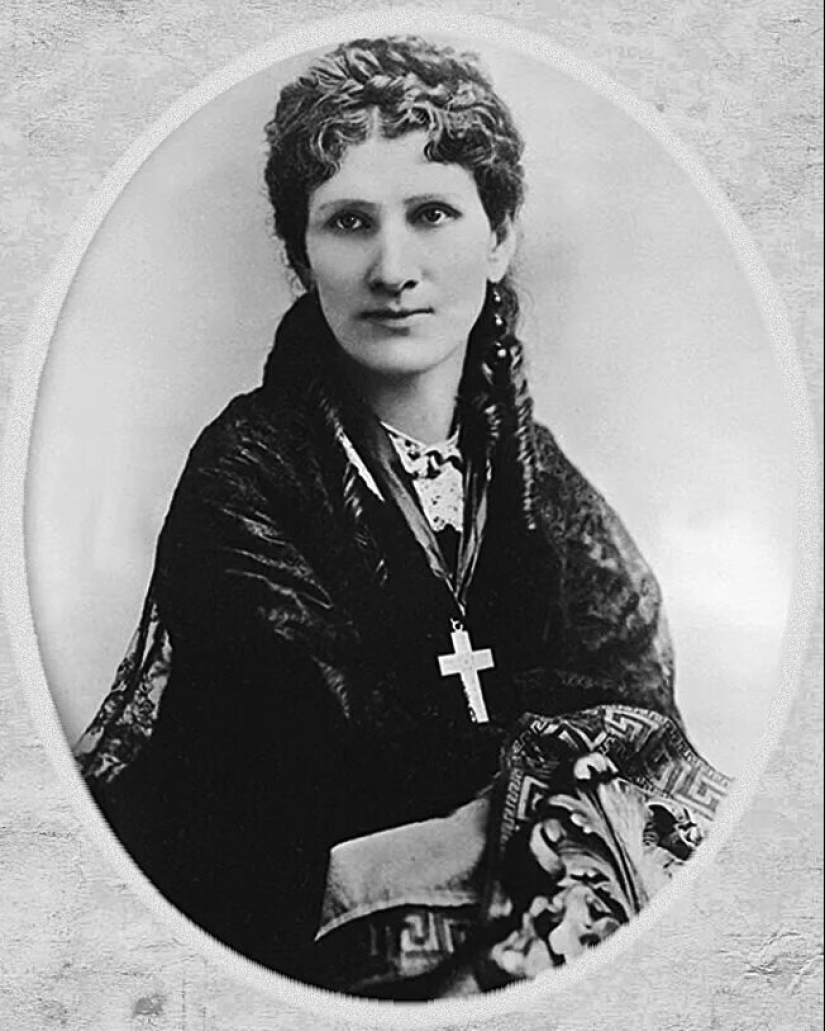
Because of Thomas's work, the family moved a lot. Anna Leonuens, possessing an inquisitive mind and an active nature, found something to do everywhere and tried to be useful to society. She was a very educated lady, knew several languages and had a lot of ambitions, no worse than many men of that time.
At the same time, Anna was also a good mother. Over 10 years of family life, the Leonuenses had 4 children. Unfortunately, two of them died due to the epidemics that were raging in India at that time. In 1859, a tropical disease also took the life of Anna’s husband. Misfortune struck a family in Singapore. Left alone with two children, Anna worked tirelessly. At first she worked as a teacher, translating and tutoring, and then opened her own school for British children.
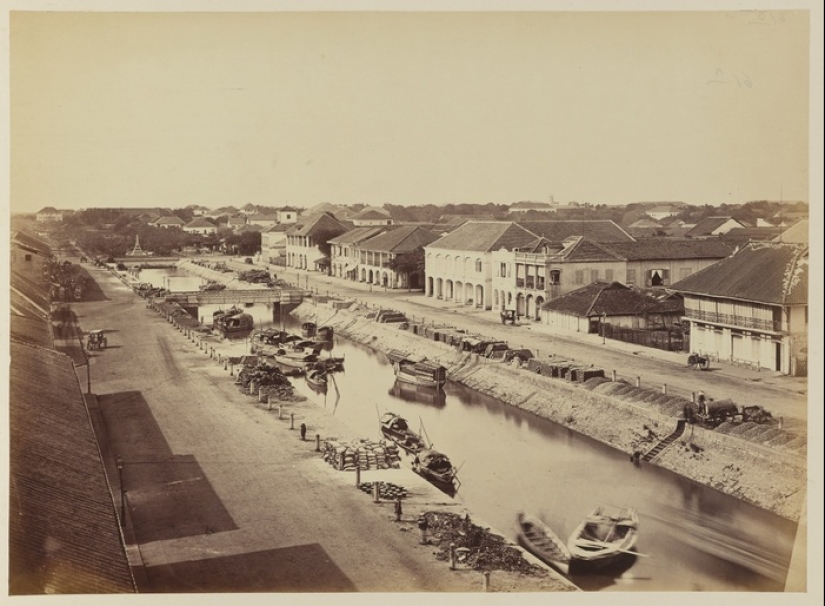
Despite her vigorous activity, Anna Leonuens was unable to get rich. But she has earned a brilliant reputation. They learned about the educated and hardworking woman far beyond the borders of Singapore. In 1862, the Siamese King Mongkut invited Anna to come to Siam (now Thailand) and become a teacher in his harem.
At that time, the monarch had 39 wives and 82 children. At the same time, Mongkut was a man of progressive views and wanted his large family to receive a European education. Anna sent her eldest daughter to England, and with her son moved to the royal palace in Bangkok.
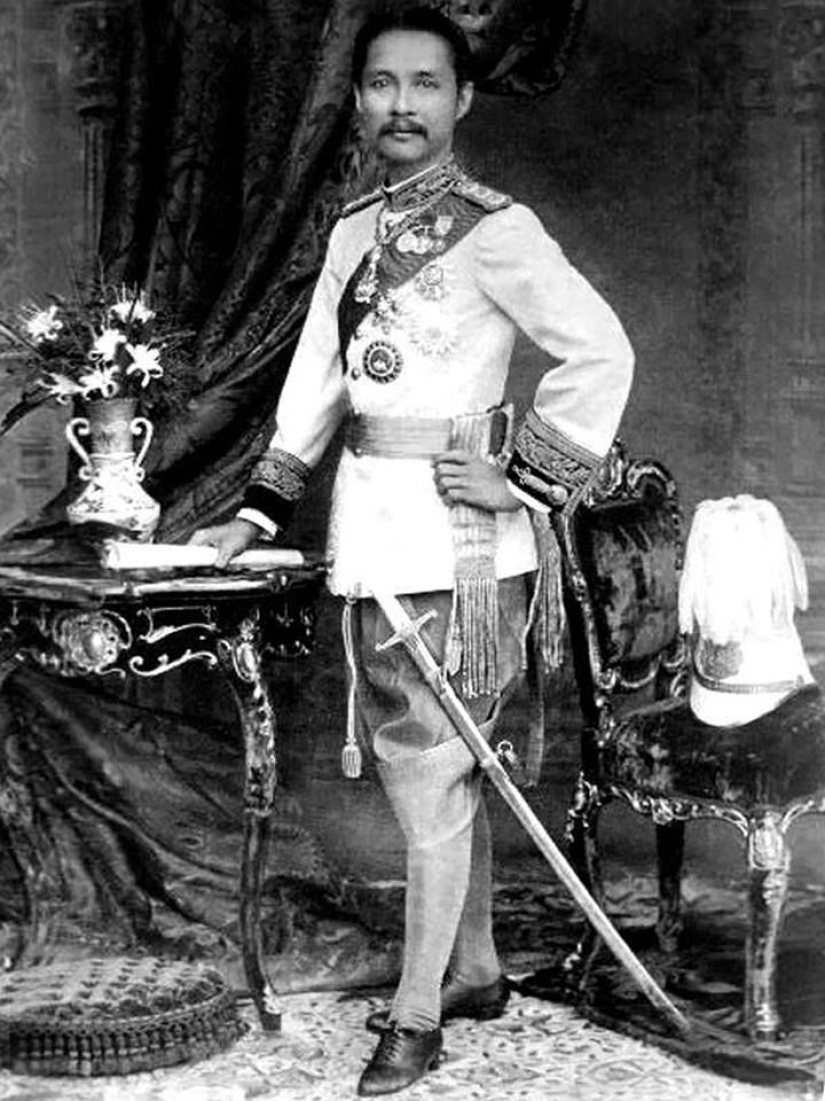
At first, Leonuens worked as a governess in a harem, teaching its inhabitants school subjects and good manners. But after a couple of years, Mongkut made her his secretary and translator. Anna began a wonderful friendship with the monarch. Mongkut was a kind and cheerful person.
But it cannot be said that the woman was completely satisfied with her position. Yes, she and her son no longer needed. But Anna was oppressed by the situation around her. The archaic rules that reigned in Siam in the 19th century went against her beliefs. Anna Leonuens was a feminist and could not calmly look at the humiliated situation of Siamese women.
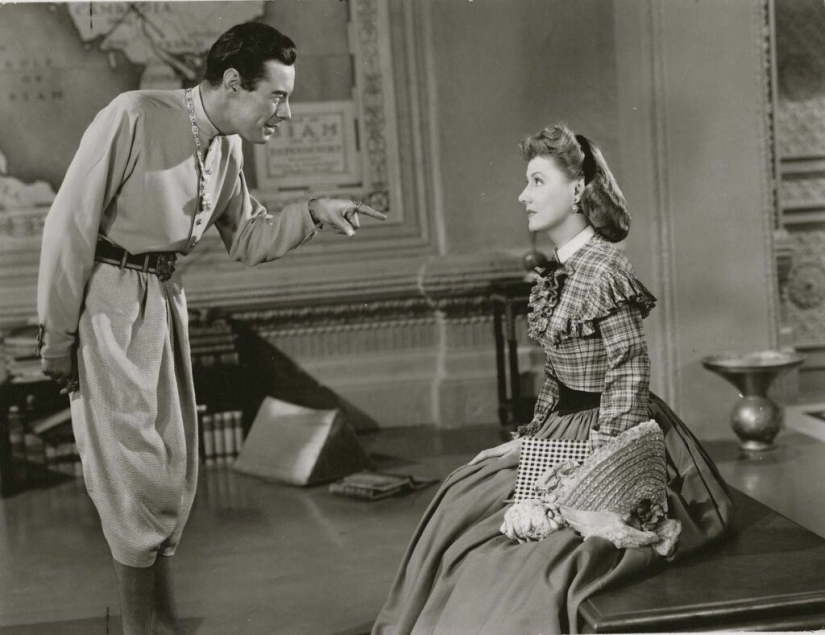
Sexual slavery was widespread in the kingdom, which caused Anna horror and disgust. She also didn’t like the fact that she lived with a harem. Although the king did not offend his wives and concubines, this state of affairs seemed savage to a progressive Briton. Anna Leonuens tried to convince the king to change his attitude towards women, but the centuries-old foundations were unbreakable.
The woman lived at court until Mongkut's death. The throne was inherited by his son Chulalongkorn, who immediately refused Anna's services. At the same time, the new king warmly thanked the woman and generously presented her with gifts. By that time, Anna Leonuens also had some savings of her own. She moved to America and took up writing. Anna published memoirs in which she described her life in India, Singapore and Siam.

Yes, the woman embellished her stories with fictitious facts to make it more interesting for the reader. Later, many of her stories were refuted, and critics seriously damaged Leonuance's reputation. She was characterized as an inventor, but this did not bother the lady at all. She continued to publish, and in addition began to give lectures on the situation of women in the East.
Her oratory skills and undoubted literary talent made Leonuens popular in America and Europe. In 1881, 50-year-old Anna set off on a new journey. She visited North Africa, the Middle East, traveled all over Europe and even visited Russia.
During her travels, Anna met King Chulalongkorn again. This happened in London in 1897. Later, the monarch warmly recalled this meeting. By the way, correspondence between the former royal secretary and the monarch never stopped. In one of her books, Anna wrote that she sent Chulalongkorn the book “Uncle Tom's Cabin” by the American writer Harriet Beecher Stowe, whom she knew personally. According to Leonuens, it was this fact that led to the abolition of slavery in Siam.
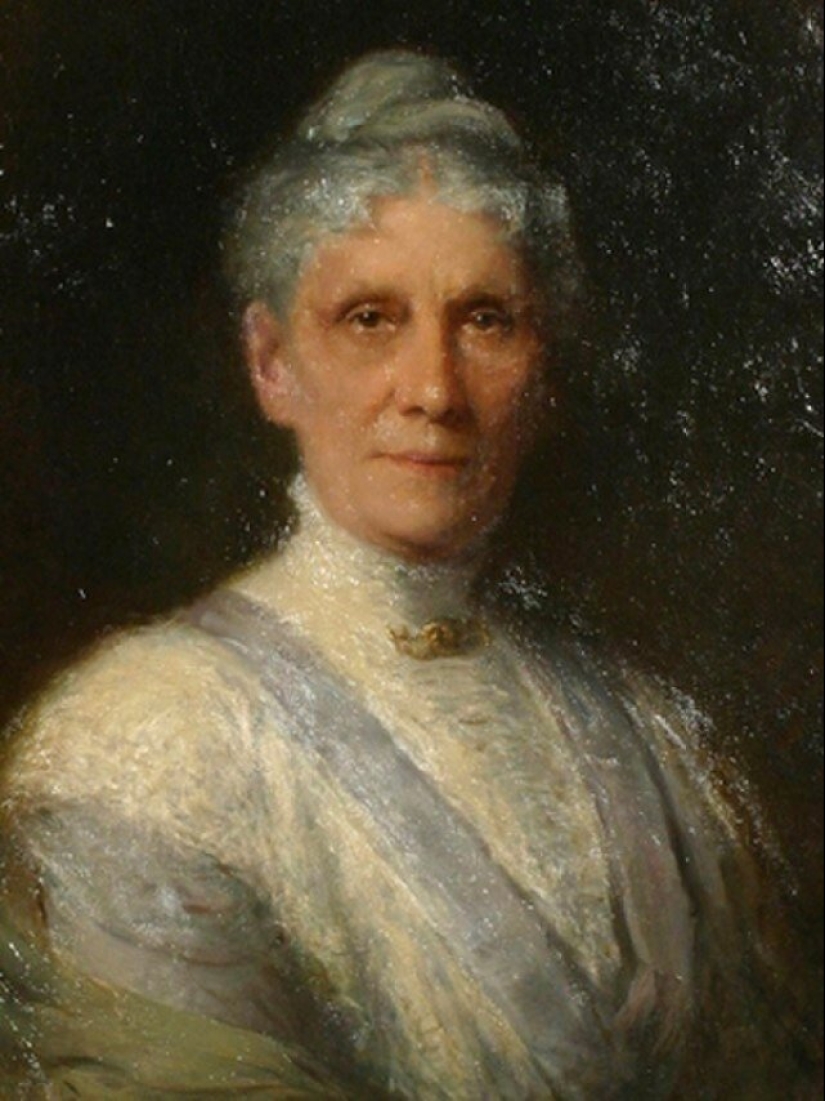
Having completed a multi-year tour around the world, Anna Leonuens settled in Canada. There she continued to write books and was actively involved in the feminist movement. This amazing woman lived a long and rich life. She died on January 19, 1915 in Montreal and is buried in the city's Mount Royal Cemetery. Also in 1915, slavery was completely banned in the Kingdom of Siam.
Anna's amazing life has inspired many. In 1944, American writer Margaret Landon published the book “Anna and the King of Siam.” The novel did not pretend to be a documentary. It was a fascinating mixture of facts from Leonuance's memoirs and the author's fiction. Several films were made based on this book, the first of which was released in 1946.
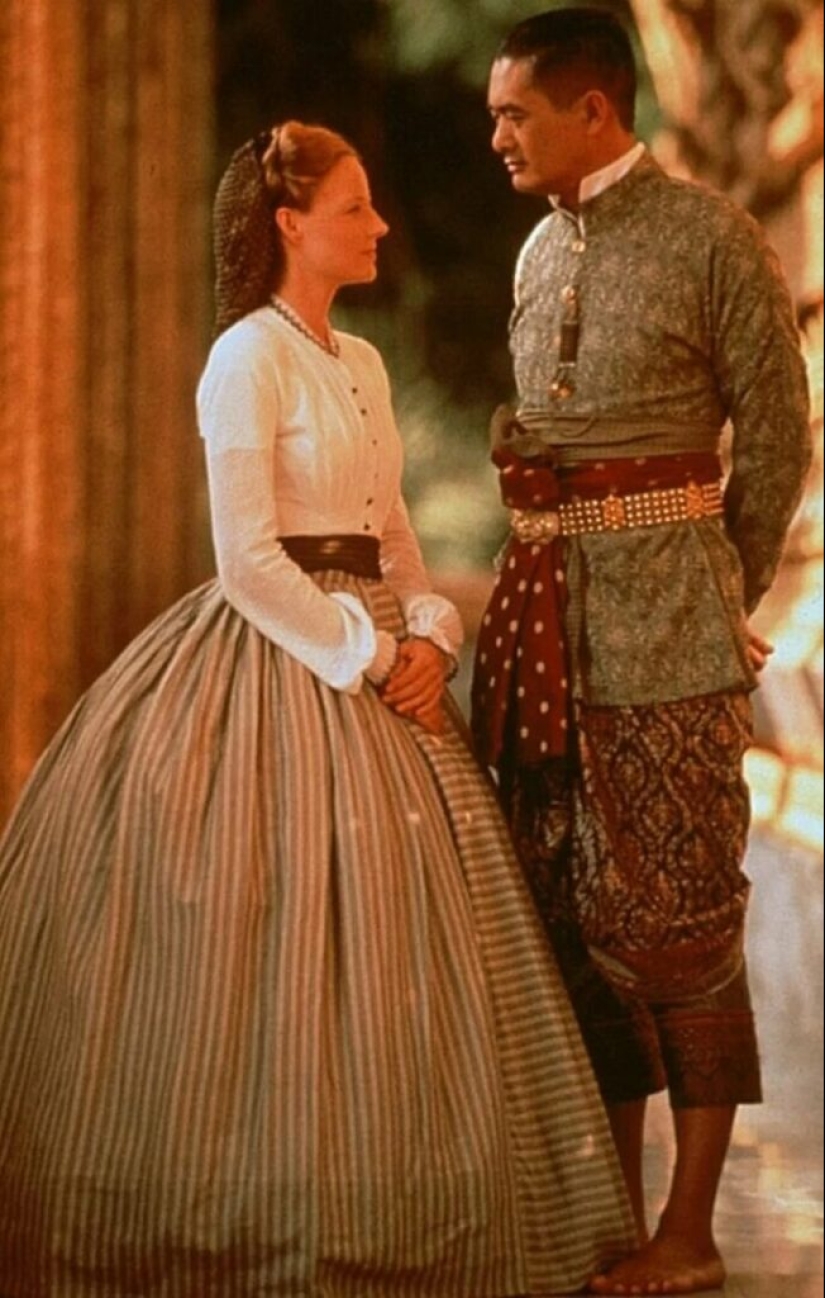
Later, a Broadway musical, a cartoon, a TV series and another film starring Jodie Foster appeared. In Thailand, everything connected with Anna Leonuens is banned today. It is believed that her writings discredit the memory of King Mongkut, whom the Thais greatly reverence.
Recent articles

It's high time to admit that this whole hipster idea has gone too far. The concept has become so popular that even restaurants have ...

There is a perception that people only use 10% of their brain potential. But the heroes of our review, apparently, found a way to ...

New Year's is a time to surprise and delight loved ones not only with gifts but also with a unique presentation of the holiday ...